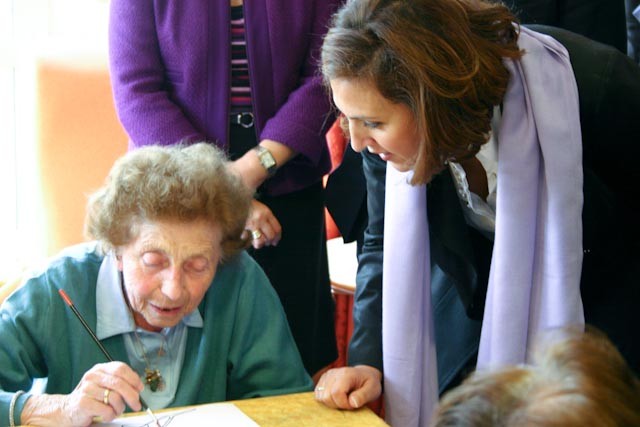Being put into the role of caregiver is always challenging. Becoming a caregiver for elderly parents has nuances that make the dynamic complex and stressful. This experience can lead to emotional issues, the development of mental health disorders, and even physical changes in response to stress.
To practice self-care as a caregiver, you need to recognize the challenges and know when and how to set boundaries. Here are some of the everyday stress and emotional effects of caring for elderly parents.
Chronic Stress and Overwhelm for Caregivers
One of the most common things caregivers experience is chronic stress and feelings of overwhelm. These effects are common, as many caregivers are tasked with juggling the growing needs of their aging parents and their personal responsibilities. Many caregivers lack the financial resources to take time away from work, leading to additional stress if time off becomes necessary.
Unfortunately, the burden of caregiving often falls to one person more than others, even in a shared family situation. Women, in particular, are more susceptible to being pushed into this role. While chronic stress is often discussed, caregiving can also lead to a plethora of other emotional issues.
Feelings of Guilt
Many caregivers experience feelings of guilt while caring for elderly parents. They may experience intrusive thoughts about needing relief and feel bad about them later. Additionally, they may feel that it’s their duty to be a caregiver for parents and feel guilty about looking into assisted living facilities. However, these facilities can help both the caregiver and the aging parents.
If you have feelings of guilt, know that it’s ok to if you’re considering an assisted living community to provide the best care for your aging parents and seek relief or have thoughts you aren’t proud of; it’s a part of being human.
Conflicts Regarding Independence and Role Reversal
Jane Byrne, Project Manager at a nursing home in Kildare, notes that, “Many caregivers struggle emotionally with the role reversal they see as their parents’ age. Having the lifelong caregiver become the person cared for can be shocking and life-changing. In many cases, the parents are also unable to process the role reversal and push back against the loss of independence. These behaviors often get targeted at the caregiver, who is forced into the new role of enforcing the rules.”
Working with a third party, such as a trusted family friend or doctor, can help navigate some of these changes and get everyone on the same page about their importance.
Make sure to read more about independent living arrangements and how they can benefit both the caregiver and the aging parents. For instance, assisted living facilities can provide a sense of independence for seniors while also taking some of the caregiving burden off the caregiver.
Changes in Sleep Patterns
One of the common side-effects of chronic stress is changes in sleep patterns. This could present as insomnia or restlessness throughout the night. Sleep deprivation can lead to burn-out, hormonal changes, and lowered immunity.
If you recognize changes in your sleep patterns, talk to a doctor about your therapeutic options. It’s also worth re-evaluating your other sleep hygiene habits, including screen time before bed, caffeine in the afternoons, and getting to bed at a decent hour.
Substance Abuse
Many caregivers turn to substance abuse as a way of coping with their feelings of stress and overwhelm. Substance abuse can exacerbate any sleep disruptions the person may already be experiencing in relation to their stress and lead to damaging physical changes and illness.
If you start experiencing the impulse to drink or smoke more, reach out for help as soon as possible.
Relieving Caregiver Stress
When you recognize the signs of caregiver stress and emotional changes, it’s essential to act fast. Seek external help in the form of respite work and counseling to ensure you’re setting proper boundaries and dedicating time to self-care. There are numerous caregiver resources available through government and non-profit programs to consider, as well.
As a caregiver, it’s important to set aside time for yourself and acknowledge your limitations. Prioritize nutritious eating, light exercise, and disconnecting from your role as much as possible. Take some time to highlight your main challenges and communicate them to key individuals in the situation. Remember, it’s ok to ask for help.
